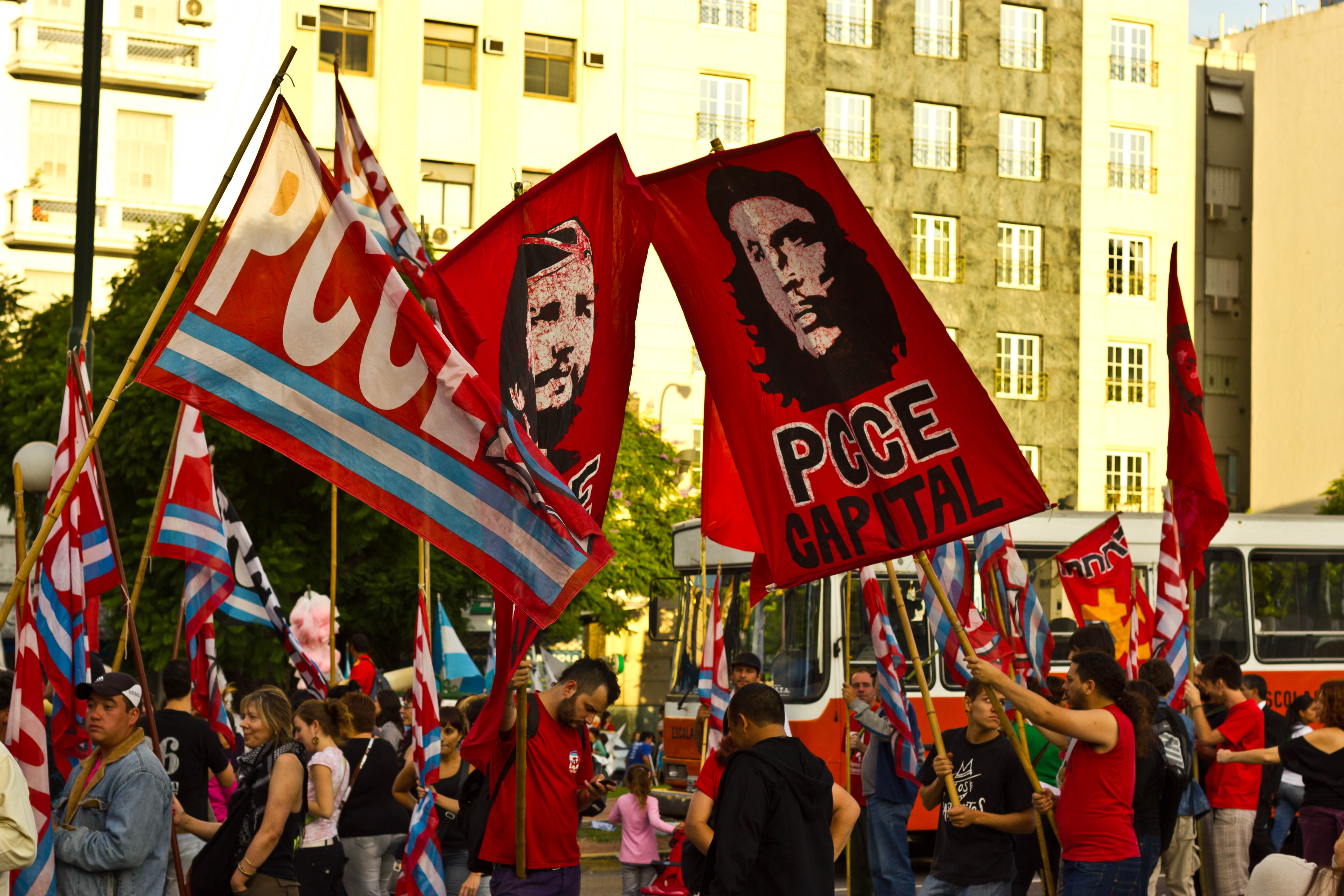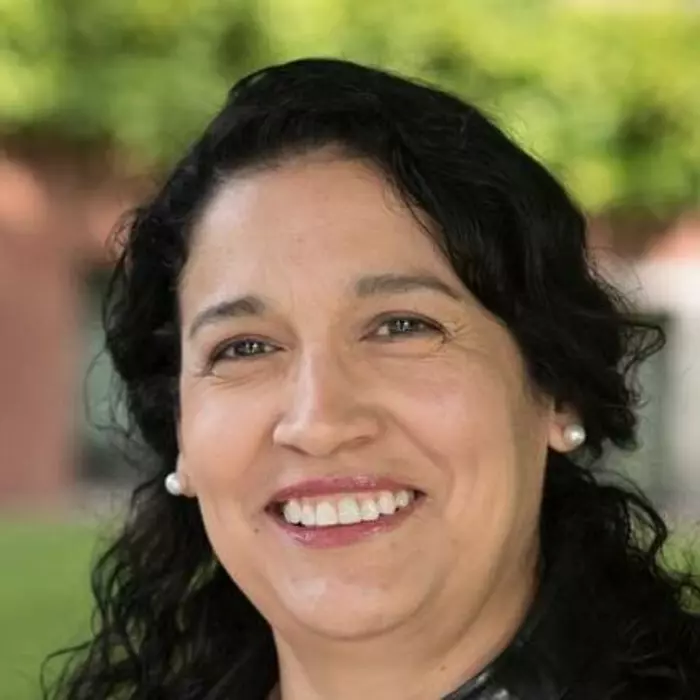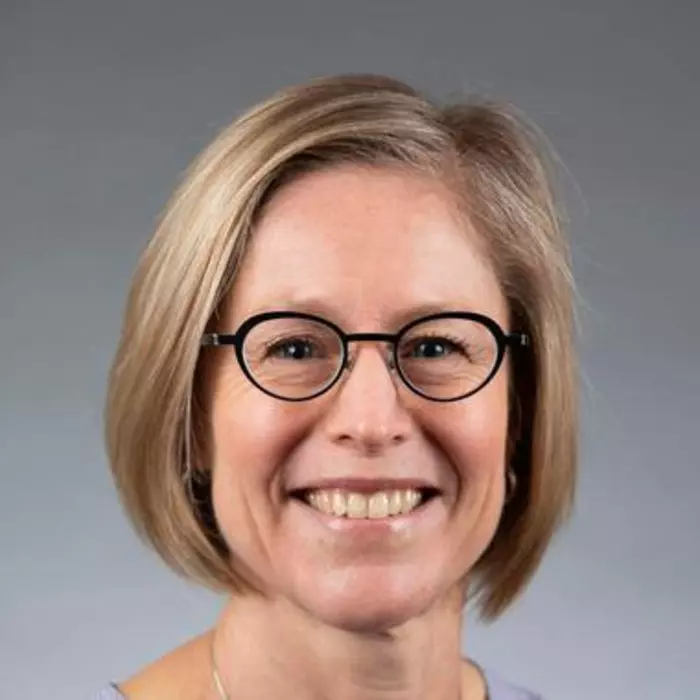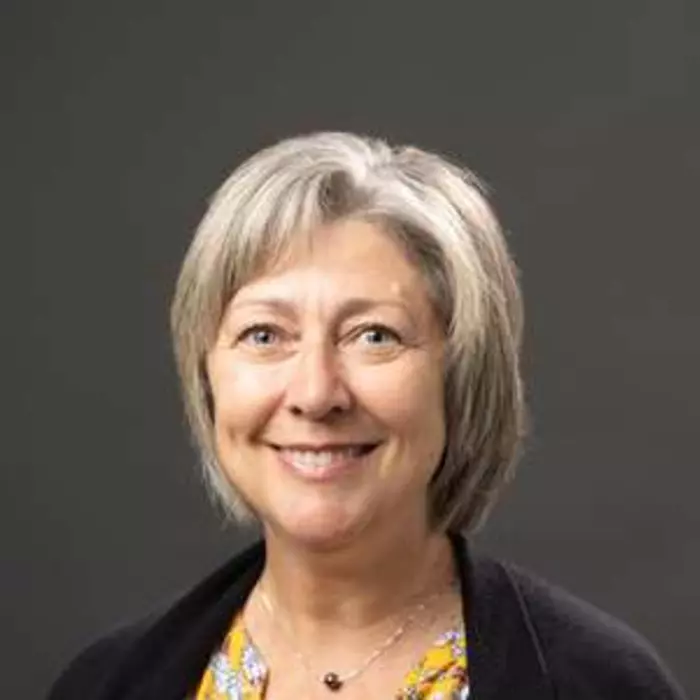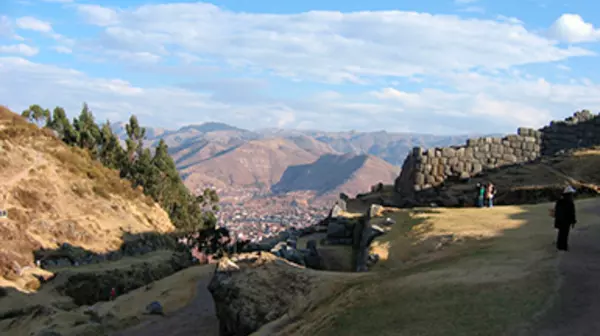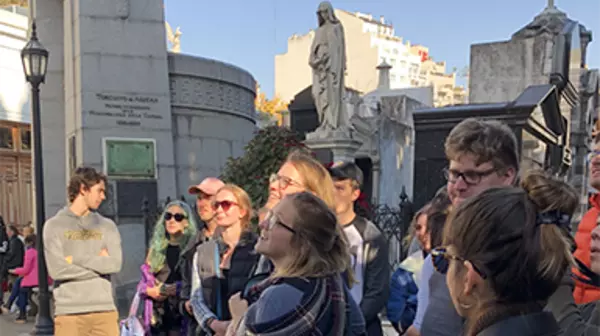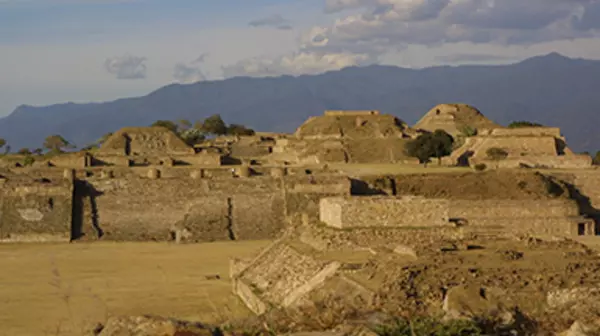What historical conditions and relations have shaped Latin America as a distinct regional, political, and cultural entity? How have the United States and the countries of Latin America exerted influence over each other in the past, and how do they interact today?
The Latin American Studies (LAS) program brings together faculty members and students whose diverse interests converge around the region that, starting in around 1850, began to be called “Latin America.” The program offers a minor that creates a space of exchange that is both transnational and interdisciplinary. Through a series of courses and co-curricular activities, students become aware of the different cultures, languages, historical processes, political systems, and economic models that have shaped the diverse and often divergent experiences of Latin American societies.
